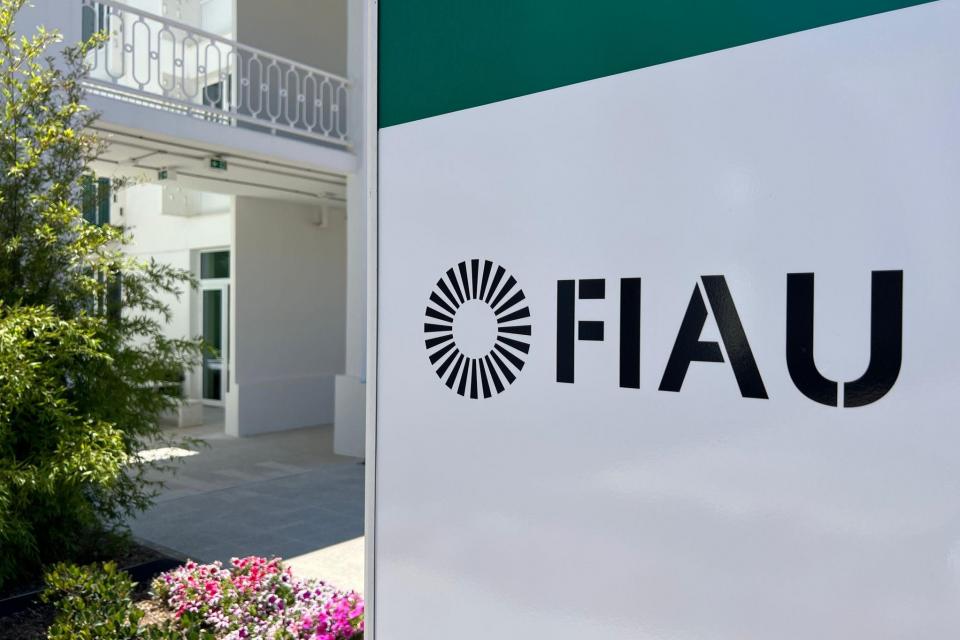Malta's Crackdown on Online Gamingfor AML Failings
Malta has become a haven for the online gaming industry. With a robust regulatory framework established in 2004, the island nation has attracted over 300 online gaming companies, contributing a significant portion – over 10% – to its GDP.
However, this relatively young and fast-growing sector also faces challenges. Due to its recent emergence, online gaming companies in Malta are particularly susceptible to breaches, especially concerning Anti-Money Laundering (AML) regulations.
In this article, we will discuss the specific AML breaches involving Online Amusement Solution Limited (OASL), and how this event would impact the gaming industry in Malta going forward.
Financial penalties and AML oversight
In 2022, The Financial Intelligence Analysis Unit (FIAU) of Malta fined Online Amusement Solution Limited (OASL) €386,567 for breaching AML regulations.

Pic: Times of Malta
A recent inspection of OASL revealed a series of critical failures in their Anti-Money Laundering (AML) practices.
For starters, the company lacked the necessary system to monitor transactions exceeding the €2,000 threshold, a trigger for mandatory due diligence. Their Customer Due Diligence (CDD) procedures were equally concerning.
While tax return statements were requested, a lack of response from most players (80%) wasn’t addressed. Social media checks for suspicious activity were claimed but with no evidence provided. Even a 25-year-old using prepaid cards for large deposits – a high-risk behavior – wasn’t flagged for further scrutiny.
To make matters worse, OASL’s handling of stolen funds wasn’t particularly convincing. A player deposited over €10,000 using a stolen credit card, yet the account was only suspended after notification and the incident wasn’t reported to the authorities.
Politically Exposed Persons (PEP) screening was also proved to be inadequate. OASL only checked new players against a limited list, neglecting PEPs from other countries or those who became PEPs during their business relationship.
Furthermore, proper customer risk assessments were either missing (26 out of 31) or conducted by another company. OASL’s AML policies themselves were generic, didn’t comply with Maltese law, and lacked a customer acceptance policy.
Perhaps the most concerning issue was the complete absence of Suspicious Transaction Reports (STRs). The company only produced a form belonging to another company after the inspection, with verbal discussions of suspicious activity lacking any documented record.
Finally, customer verification was weak, with missing proof of address for some players and mobile phone bills – an insufficient verification method – used for others. To top it off, information about players’ professions was missing in most cases (28 out of 31).
OASL breaches cast a shadow on the Maltese gaming industry. The lax AML controls raise concerns that Malta may be a haven for illicit activities. This could discourage reputable gaming companies from setting up shop in Malta, fearing reputational damage by association.
Impact on the gaming industry
In 2024, OASL surprisingly won over the FIAU in court, which exposed potential cracks in Malta’s regulatory framework for online gaming and finance.
OASL successfully challenged the FIAU’s hefty fine, alleging a lack of due process. This could potentially cast doubt on the fairness and transparency of the FIAU, potentially making Malta a less attractive location for gaming companies.

Existing operators might also face uncertainty due to ongoing legal battles against the FIAU, unsure of the validity of past fines or the legality of future regulations.
Furthermore, the court’s harsh criticism of the FIAU’s practices could tarnish Malta’s reputation as a well-regulated financial center, discouraging both gaming companies and other financial institutions from setting up branches there.
If the FIAU’s authority weakens due to legal challenges, it could lead to a less robust anti-money laundering system in Malta’s entire financial system, potentially raising concerns and increased scrutiny from international partners.
This case highlights the need for a potential reform of the FIAU to ensure fairer practices and maintain a strong regulatory environment, crucial for the continued success of Malta’s online gaming industry and financial systems.
Avoid AML failings with Complaer today
If the OASL case tells us one thing, it’s that complying with AML regulations is necessary not only to protect user data, but also to avoid hefty fines and dragged-out court battles with the FIAU.
Luckily, software like Complaer makes AML compliance easier than ever. Our cloud-based RegTech solution offers real-time transaction monitoring, screening, and risk assessment capabilities, helping you identify potential risks sooner.
What’s more, our customizable Rule Engine allows you to tailor AML rules to your specific needs, while the reporting feature provides clear insights into your AML posture, significantly reducing the risk of AML breaches.
You might be interested in



